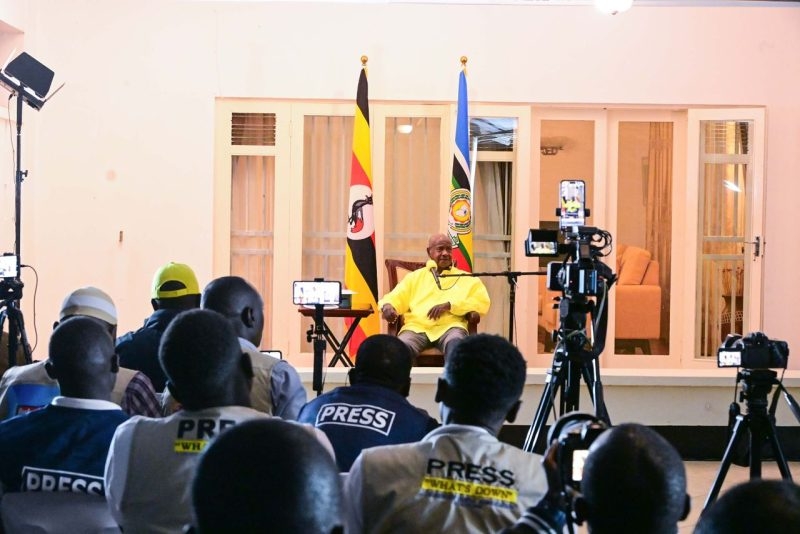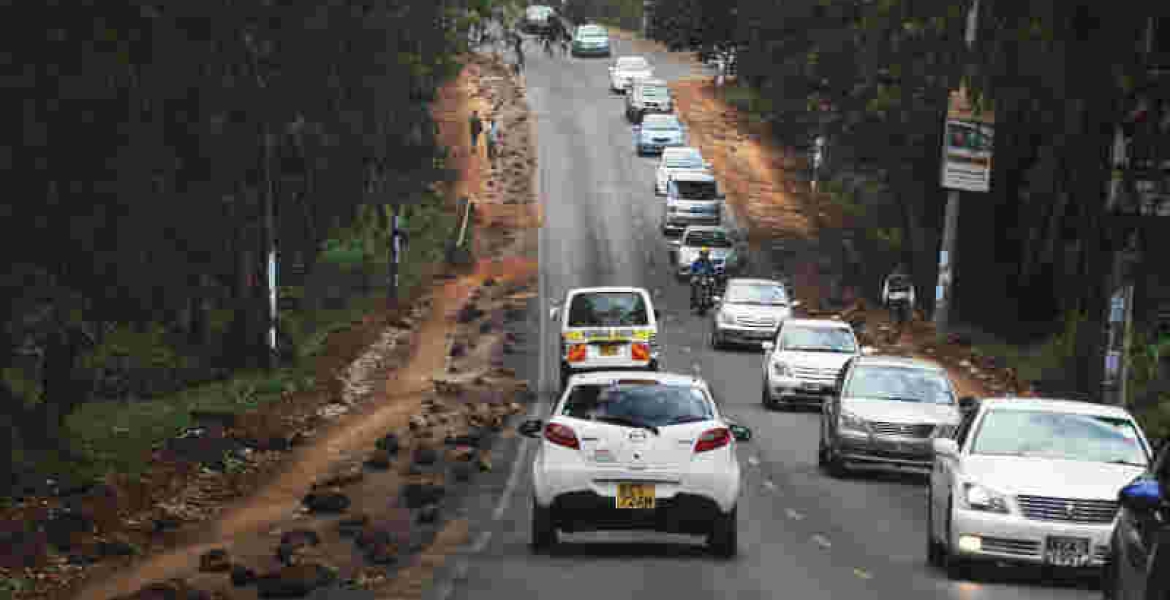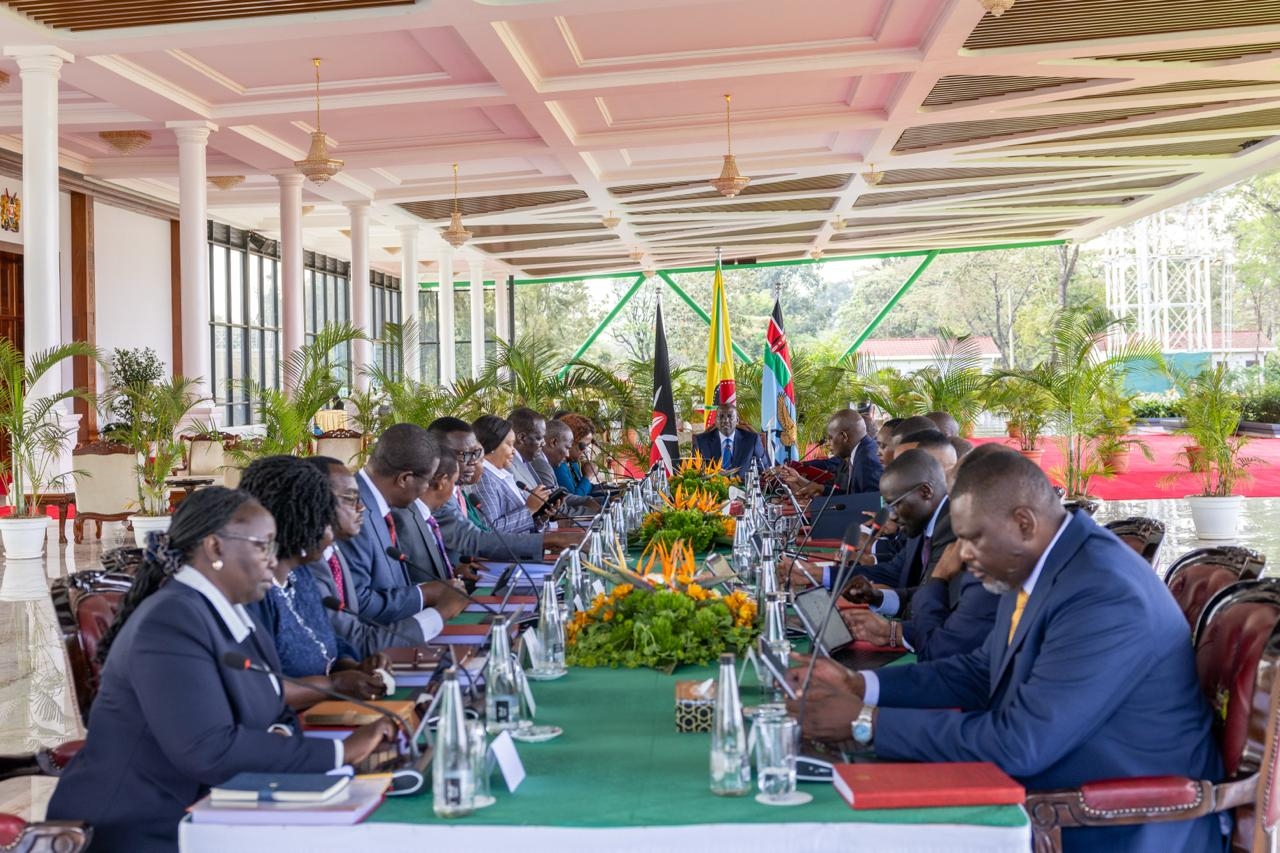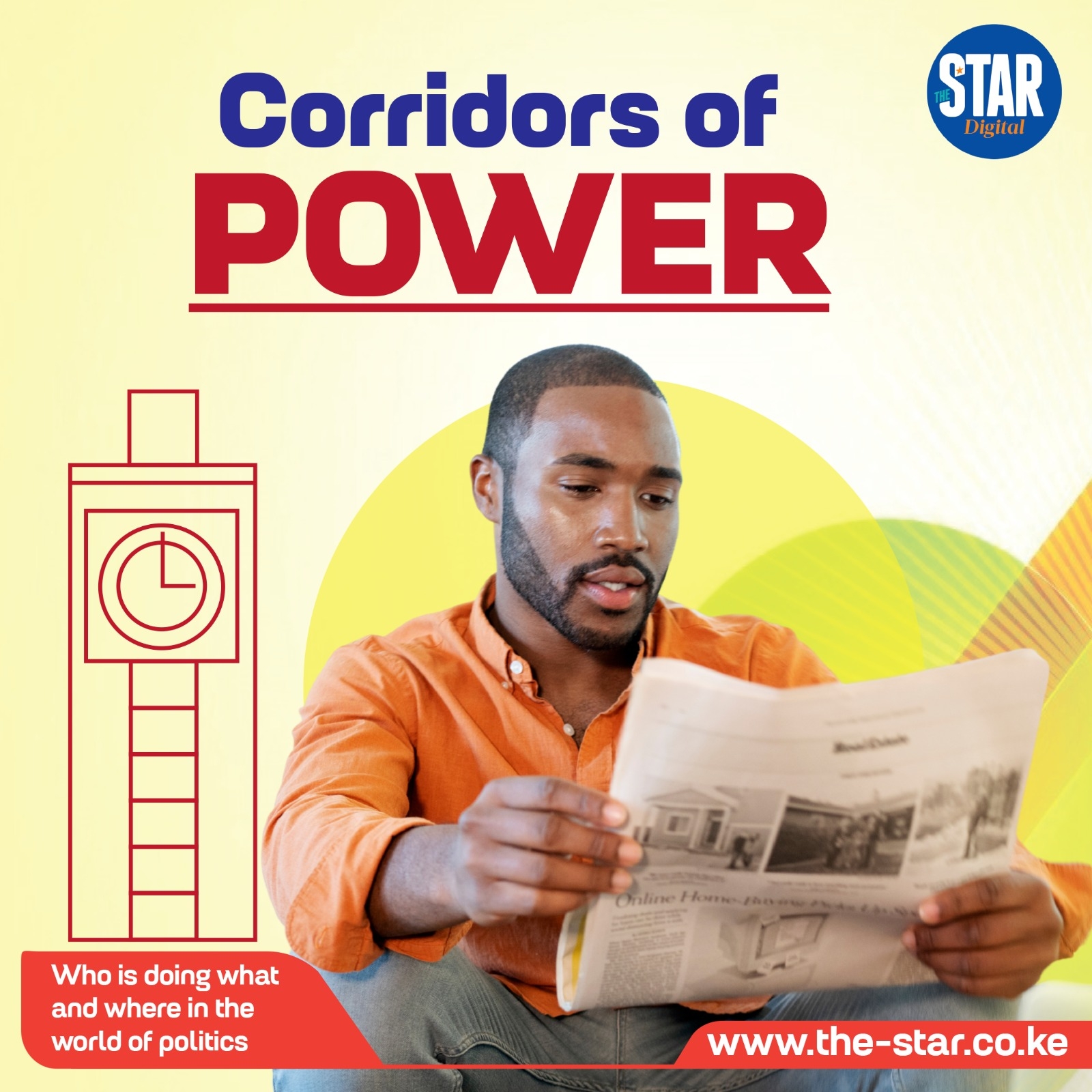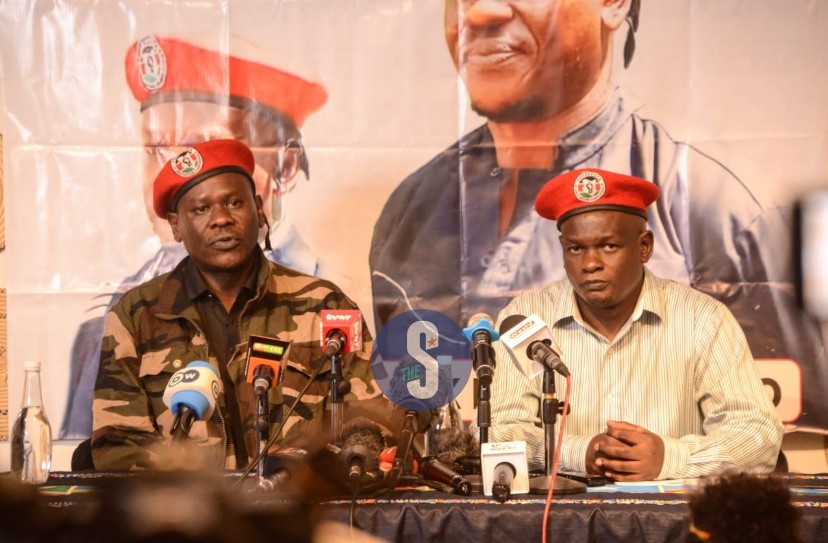 Activists Bob Njagi and Nicholas Oyoo during a press briefing at Mageuzi Hub in Nairobi on the experience they went through during their 38-day detention in Uganda, November 12, 2025. /DOUGLAS OKIDDY
Activists Bob Njagi and Nicholas Oyoo during a press briefing at Mageuzi Hub in Nairobi on the experience they went through during their 38-day detention in Uganda, November 12, 2025. /DOUGLAS OKIDDY
Kenyan activists Bob Njagi and Nicholas Oyoo have for the first time spoken publicly about their ordeal during a 38-day detention at what they described as a Ugandan military facility.
The two were reportedly abducted on November 1 shortly after attending a campaign rally for Ugandan opposition presidential candidate Robert Kyagulanyi, popularly known as Bobi Wine, in Kira Municipality, Wakiso District.
Their disappearance drew widespread concern from human rights groups and civil society organisations across the region and prompted diplomatic intervention from Nairobi.
Following weeks of public outcry and diplomatic engagement, the two were released on November 7.
Speaking on Wednesday during a press conference at Mageuzi Hub in Nairobi, Njagi alleged that senior Ugandan military officials were involved in their arrest and mistreatment.
He recounted the conditions they allegedly endured, claiming they were blindfolded, chained, and subjected to physical abuse during interrogations.
“I was tortured on the second day during interrogation. I was removed from a cell blindfolded, taken to a room, chained to a chair with one hand,” Njagi said.
He further alleged that officers assaulted him during questioning and demanded information about his contacts and reasons for visiting Uganda.
Njagi said they were denied medical care and only given painkillers.
“They gave us paracetamol so that we could heal quietly for those 38 days that we were in that place,” he said.
He also described what he termed as degrading and unhygienic detention conditions.
“They kept us in a very undignified environment with nothing but a tin to relieve ourselves,” he recounted.
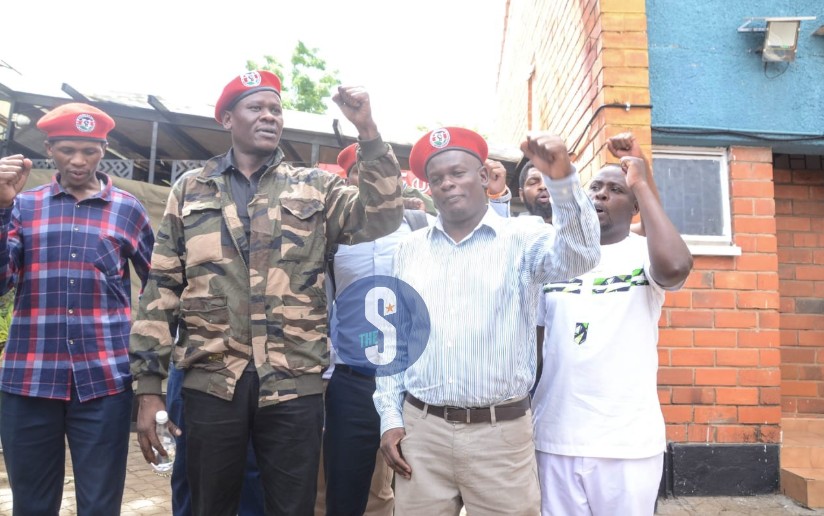 Activists Bob Njagi and Nicholas Oyoo show the solidarity hand gesture after addressing a press briefing at Mageuzi Hub in Nairobi on the experience they went through during their 38-day detention in Uganda, November 12, 2025. /DOUGLAS OKIDDY
Activists Bob Njagi and Nicholas Oyoo show the solidarity hand gesture after addressing a press briefing at Mageuzi Hub in Nairobi on the experience they went through during their 38-day detention in Uganda, November 12, 2025. /DOUGLAS OKIDDYOyoo, meanwhile, said he was held in isolation for the entire period without access to sunlight or fresh air.
“It was a mess there, but after 14 days, we were removed at about 6 or 6.30 pm and we were not told where we were going,” he said.
According to him, they were later driven to the Busia border and released.
Their disappearance had triggered a public outcry, with regional human rights defenders and civil society groups expressing concern over what they described as a pattern of enforced disappearances in Uganda.
Kenya’s Ministry of Foreign Affairs said it had engaged Ugandan authorities through diplomatic channels, leading to the duo’s eventual release.
Njagi claimed they met other detainees while in custody and estimated that several others remain in similar conditions, urging the Ugandan authorities to release them.
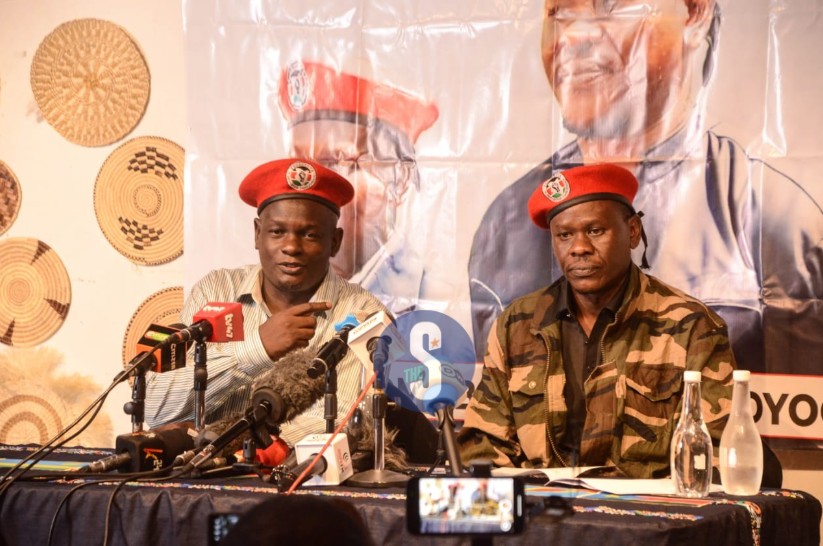 Activists Nicholas Oyoo and Bob Njagi during a press briefing at Mageuzi Hub in Nairobi on the experience they went through during their 38-day detention in Uganda, November 12, 2025. /DOUGLAS OKIDDY
Activists Nicholas Oyoo and Bob Njagi during a press briefing at Mageuzi Hub in Nairobi on the experience they went through during their 38-day detention in Uganda, November 12, 2025. /DOUGLAS OKIDDYUgandan authorities initially denied knowledge of the pair’s whereabouts.
However, President Yoweri Museveni later acknowledged in a live interview that the two had been arrested, describing them as “experts in riots” who had been “put in the fridge for some days.”
The activists’ account has reignited debate over political freedoms and human rights in Uganda, with advocacy groups calling for greater transparency and accountability from the country’s security agencies.


